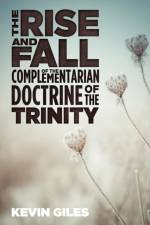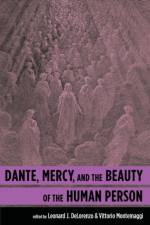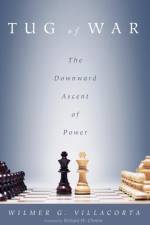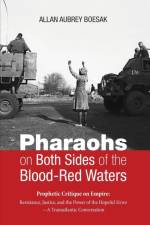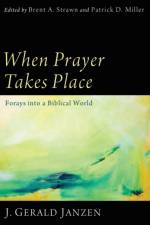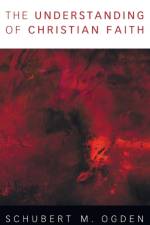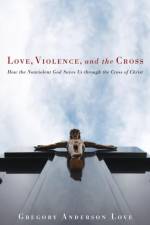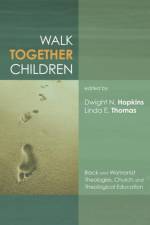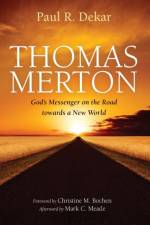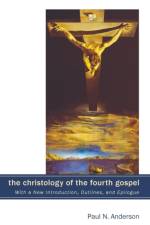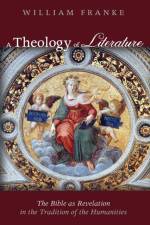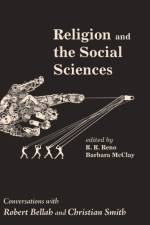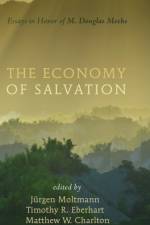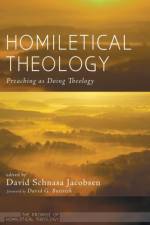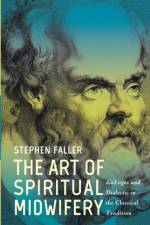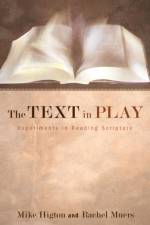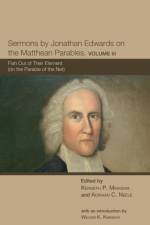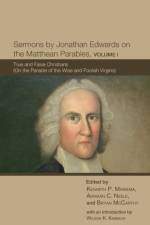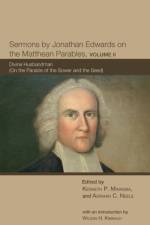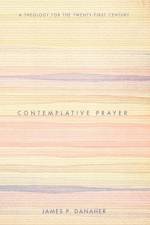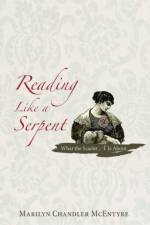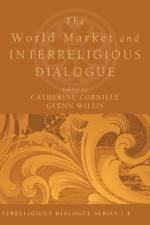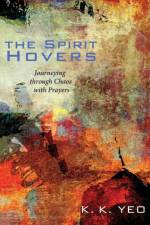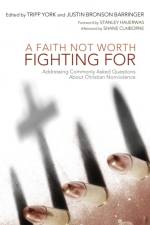525,-
Over the last four decades, the focus of M. Douglas Meeks'' work has placed him at the center of many of the most important developments in theological reflection and education. As a political, ecclesial, and metaphorical theologian, Meeks has given witness to the oikonomia of the triune God, the Homemaker who creates the conditions of Home for the whole of creation, in critical conversation with contemporary economic, social, and political theory.The essays of this volume were written to honor Meeks, professor of theology at Vanderbilt Divinity School, by addressing the theme of God''s economy of salvation from biblical, historical, ecclesial, and theological perspectives. In an age of ecological devastation and economic injustice, Meeks teaches us how to place our hope--as disciples of Jesus, as members of local congregations, as stewards of institutional life, and as global citizens--in God''s power for life over death through Jesus Christ and the Holy Spirit. These essays will serve to enliven and clarify this hope for the sake of the world God so loves.CONTRIBUTORS: Jurgen Moltmann, Timothy Reinhold Eberhart, Matthew W. Charlton, Walter Brueggemann, Josiah Young, Kendall Soulen, Patout Burns, John Cobb, Michael Welker, Nestor O. Miguez, Charles M. Wood, and Sondra Wheeler.""The faithful life of the church in the world has been Douglas Meeks'' lifelong focus as a theologian. This volume honors that career by gathering essays of his colleagues that probe what faithfulness of the church means in our present globalized economic reality.""--Randy L. Maddox, William Kellon Quick Professor of Wesleyan and Methodist Studies, Duke Divinity School""The quality and range of subjects addressed by the prominent contributors to this Festschrift provide highly interesting reading and render much-deserved tribute to the influence of M. Douglas Meeks as one of America''s foremost theologians in uncovering for the church and contemporary society the biblical significance of economics according to ''the economy of God.''""--Christopher Morse, Dietrich Bonhoeffer Professor Emeritus of Theology and Ethics, Union Theological Seminary""Such a powerful packet of papers--including the prophetic wisdom precisely calibrated for this perilous moment by Cobb and Moltmann--makes for a great tribute to a theologian who early exposed the oikonomia of global devastation.""--Catherine Keller, Professor of Constructive Theology, Drew Theological SchoolJurgen Moltmann is Professor Emeritus of Systematic Theology, Universitat Tubingen.Timothy R. Eberhart is Assistant Professor of Theology and Ecology at Garrett-Evangelical Theological Seminary in Evanston, Illinois, and the Methodist Theological School in Ohio, in Delaware, Ohio.Matthew W. Charlton is a United Methodist pastor in Nashville, Tennessee, and is Adjunct Professor of Religion at Belmont University and Methodist Theological School in Ohio, in Delaware, Ohio.

